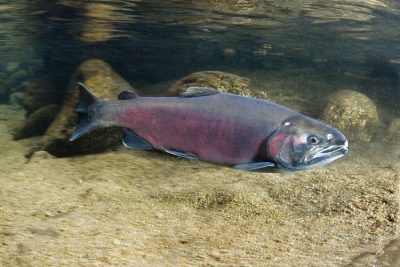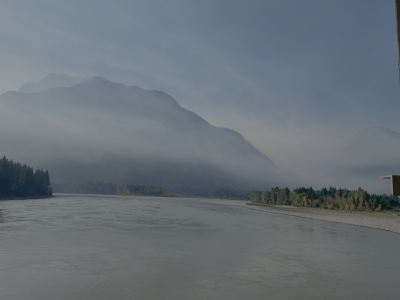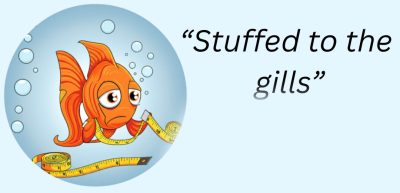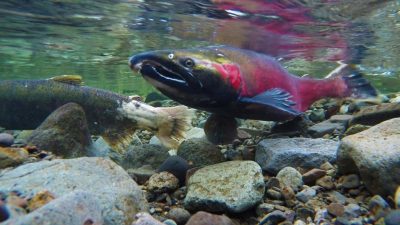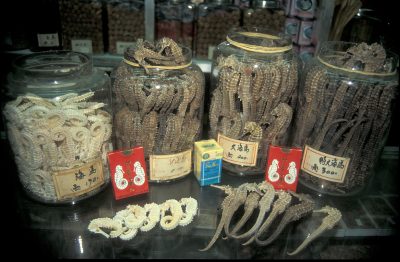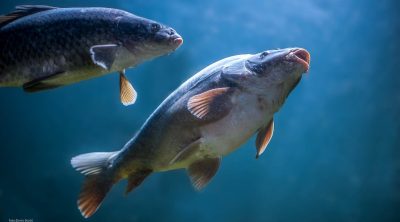Winners of the IOF student awards/scholarships
Congratulations to Tatiana Chamorro, Deniz Coskuner, Jullia Mayer, Grace Melchers, Stephanie Moore, and Samara Polwatta
IOF researchers receive federal research funding
Congratulations to Drs. Brian Hunt, Murdoch McAllister, Evgeny Pakhomov, and Camilla Speller who received funding.
Addressing gendered impacts of climate change and IUU in small-scale fisheries
Researchers investigated the gendered impacts of climate change and IUU fishing and offered community-driven approaches to foster resilience, equity, and sustainability in SSFs across climate-sensitive regions.
IOF PhD student wins Raja Rosenbluth Award for Women in Biological Sciences
Salomé Buglass is a marine scientist leading and supporting research on characterizing deep-water habitats, which led to an exciting discovery of a previously unknown deep-water kelp forest in the Galapagos Marine Reserve.
Wildfires could be harming our oceans and disrupting their carbon storage
Wildfires pollute waterways and could affect their ability to sequester carbon, recent University of British Columbia research shows.
Paper on sustainable trade under CITES is a ‘Rising Star’
“A practical approach to meeting national obligations for sustainable trade under CITES” won third place in Conservation Biology’s ‘Rising Star’ award competition.
“Ocean Idioms” to teach you about our oceans
In honour of World Ocean Day, we present OCEAN IDIOMS!
The future of Pacific salmon: Community dialogues underscore the urgent need for collaborative restoration
Thirteen public meetings to gather knowledge from local and Indigenous communities in support of salmon rebuilding and recovery in the Pacific Northwest.
New study exposes the tip of the illegal seahorse trade
Millions of seahorses are illegally trafficked across over 60 countries despite strict global trade regulations, a Project Seahorse and OceansAsia study finds
New study reinforces link between gill size and oxygen uptake in fish
Data from 33 fish species further supports the argument that small differences between fish’s oxygen consumption increase and gill surface area growth do not invalidate the principles of the Gill Oxygen Limitation Theory (GOLT).

